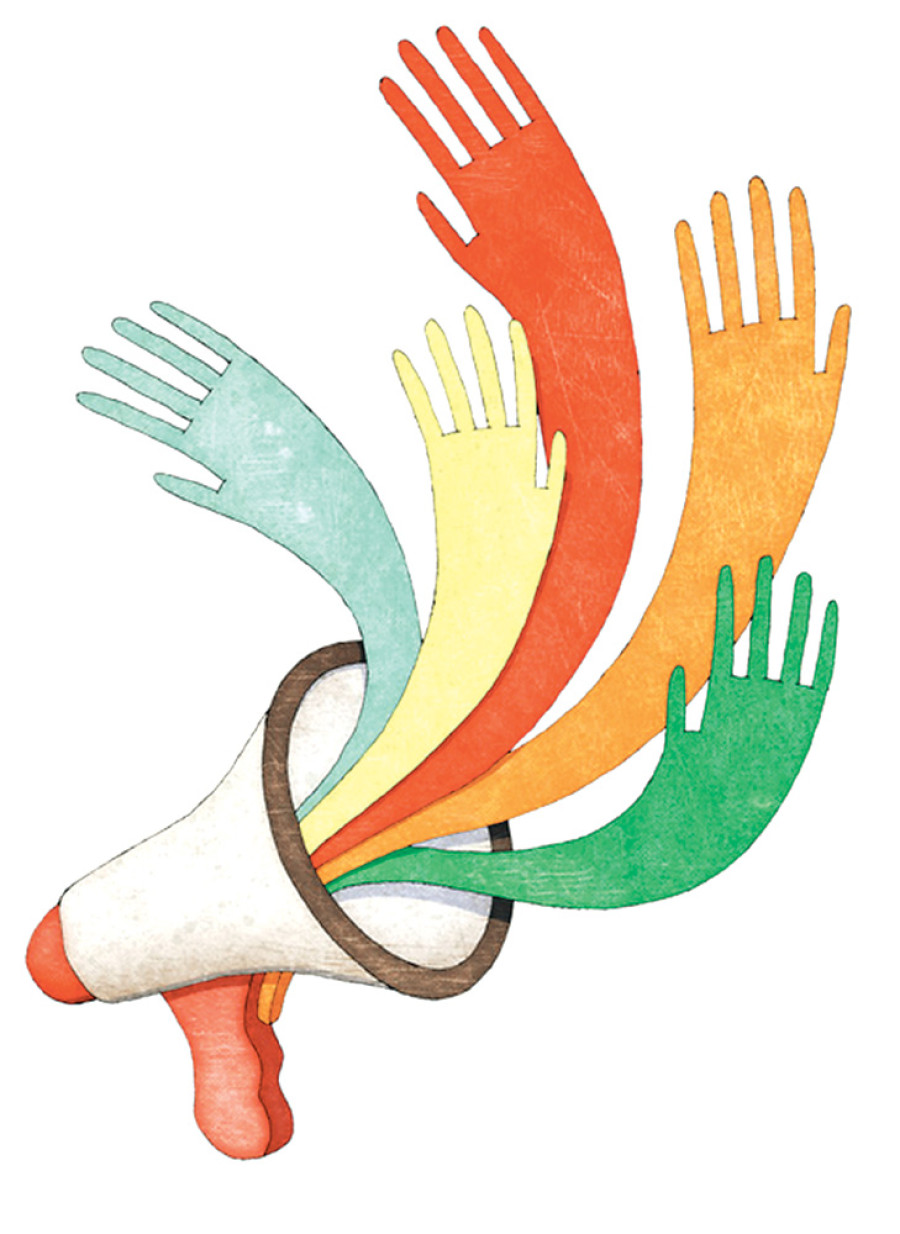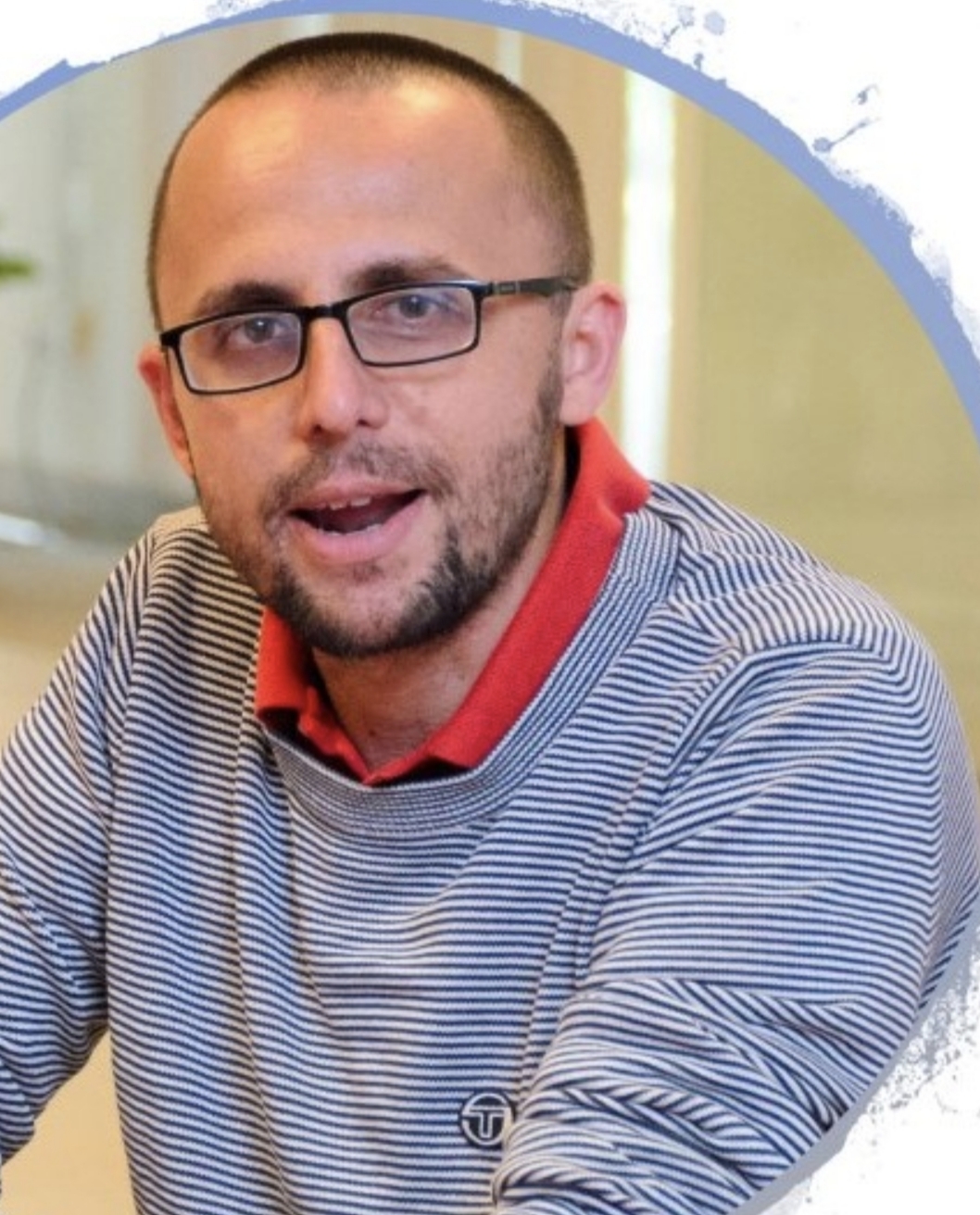Opinion
Harnessing people’s power
Nepal could have a National Volunteering Week to remind ourselves what citizens can do if they unite
Simone Galimberti
It has been more than a year since the quakes, still there is news of the dire living conditions of the quake-victims amid widespread criticism of the slow and ineffective reconstruction process. Sadly, few remember the role citizens played in the immediate aftermath of the quakes. Bankers, students, shopkeepers, professional development experts and street vendors alike were spontaneously united and formed a wave of solidarity, effectively bringing in vital humanitarian relief in the most quake-affected areas .
Volunteering their time and donating their private resources, citizens from completely different walks of life who probably would have never have bumped into each other if it was not for the relief operations showed the power of the people—the most crucial, though often neglected, element of civil society. Still very little has been done yet to harness the power of volunteerism in Nepal, a country with one of the highest levels of social capital in the world. That is why we need to redouble our efforts to celebrate, recognise and incentivise the change-makers of the country.
Potential of volunteerism
While working out the national development plan for the next decade with the overarching goal of achieving the Sustainable Development Goals, the Nepal government should take into account the potential of volunteers, not simply as cheaper manpower but as an asset whose abilities are not properly understood yet.
The Office of the Prime Minister and Council of Ministers with the support of the National Planning Commission should start a national debate on the role of volunteers in the country and steer a new policy that taps their potential. A draft policy of a similar kind awaits the endorsement of the Cabinet. Till recently, I was of the opinion that an average, or even bad, policy was better than no policy. But as the document collects dust, I have changed my mind and now I believe that the country needs not just a policy but a good one that does justice to the thousands of volunteers who are active at the grassroots level.
If a mega endeavour like the ‘Save Bagmati Campaign’ can succeed thanks to strong political buy in, why not replicate this fantastic blueprint at the local level? If the then chief secretary made the difference in launching and scaling up the‘ Save Bagmati Campaign’, why cannot a VDC secretary, in coordination with local political leaders and citizens, design their own campaign to address a local problem? Money is not an issue. Not because it is not available locally, but because it often becomes an excuse for not doing things, while what actually counts is just the commitment of people who want to make a difference and are willing to take actions accordingly.
Actions or micro projects led by the people with the support of local government, organisations and associations all united in a partnership for change are conducted all around the country. But these actions go unrecognised. If there are taken into consideration while formulating development plans, the government will benefit. Thus, there is a need to start a national dialogue on the importance of volunteers that would lead to a new understanding of volunteerism, and consequently, to a revival of civic action as a tool for development and social inclusion. The National Development Volunteering Service (NDVS), the leading national volunteering programme of the National Planning Commission, should lead this debate with micro-level consultations across the country.
Way to remember
The recently established National Youth Council should join the conversation and support local youth-led organisations to involve other groups with an equal stake in promoting open and accessible volunteerism. Volunteerism can be so inclusive that multiple bodies like the Ministry of Education, the Ministry of Youths and Sports and the Ministry of Women Children and Social Affairs should all be involved while formulating policy on it. Most importantly, individuals—the backbone of any volunteering movement—should have an important say in the policy. Moreover, marginalised and vulnerable groups like persons living with disabilities, widows, senior and retired people should have a special place in the national policy on volunteerism.
Developed countries have a civic infrastructure promoting volunteering at local levels. They even have specifically designed ‘week’ or national days to celebrate volunteerism. For example, the US celebrated its National Volunteer Week last month between April 10 and 16 where special programmes and events focused on volunteerism were held. Over the summer, a National Volunteering Conference will bring the best minds of the country together to discuss ways to harness the energy of volunteers.
Nepal has nothing of this sort. It should consider holding a National Volunteering Week till it formulates a national policy on volunteering. In the first week of this kind, we could reflect on people’s efforts during the quake. This could be the best way to remind ourselves what citizens can do if they stand united to face common challenges plaguing the country.
Galimberti is the co-founder of ENGAGE and editor of Sharing4Good




 9.6°C Kathmandu
9.6°C Kathmandu










